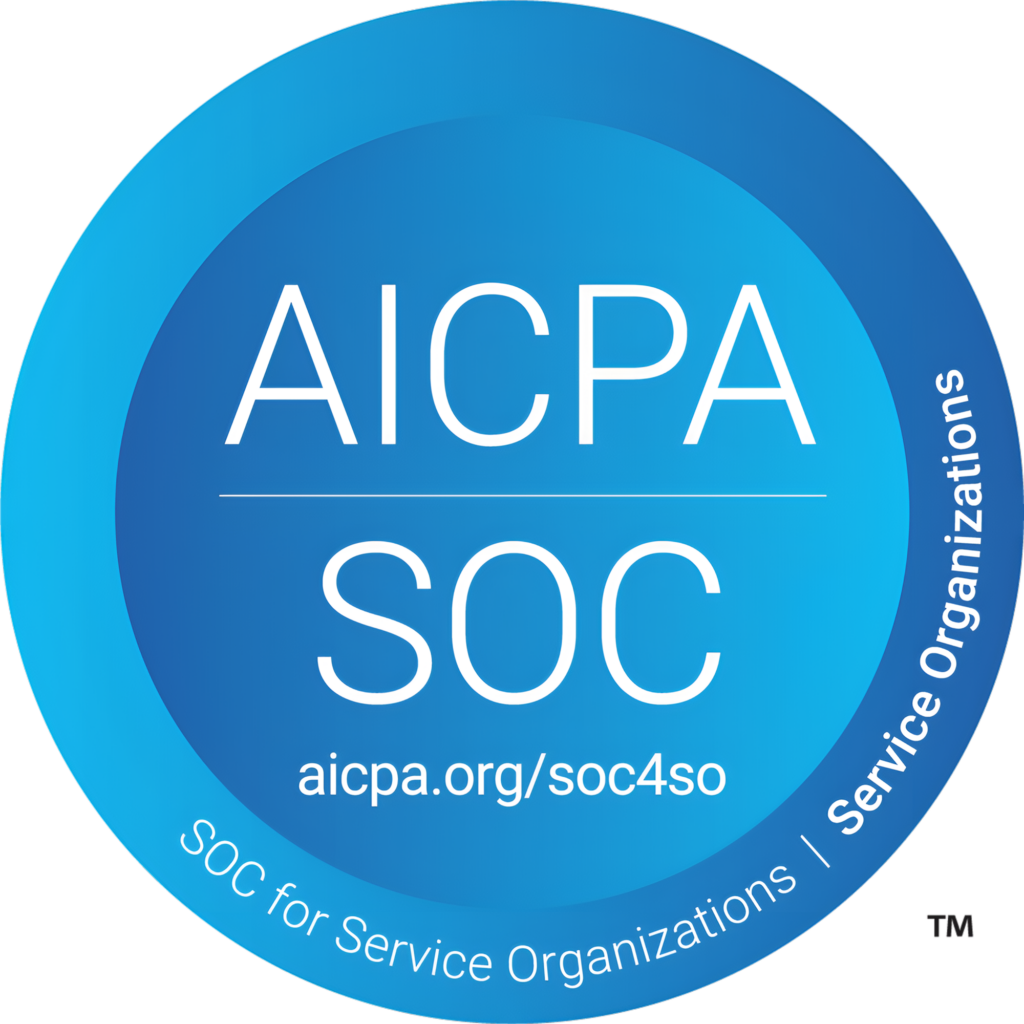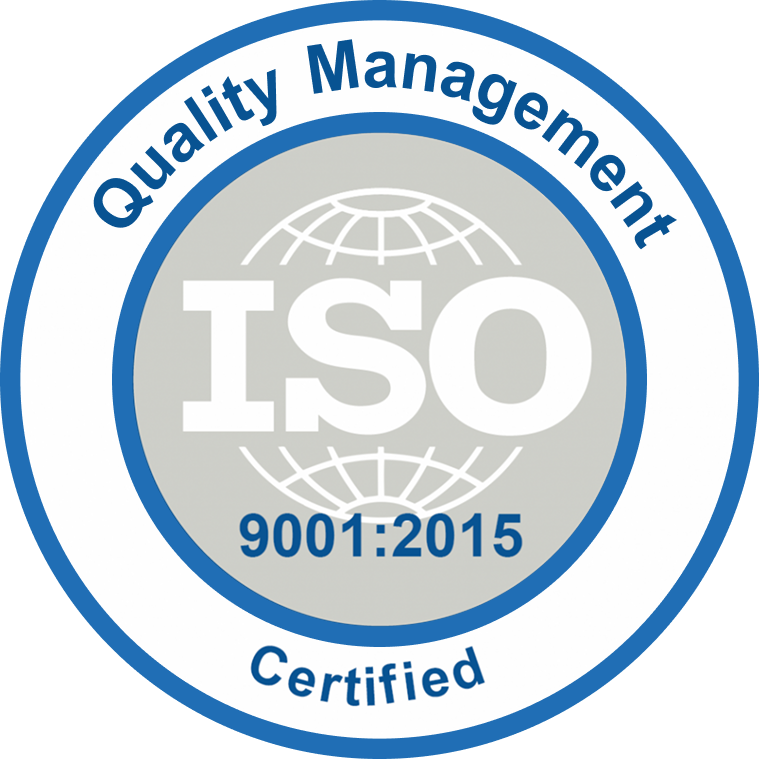We all know how emails and newsletters are crucial for enterprise sales and marketing. But with the changing of anti-spam laws, email marketing can become a bit daunting! Especially when your business is expanding across borders, you may find it hard to adhere to the anti-spam laws of different geographical locations.
If you’re wondering why it is so important to adhere to the anti-spam laws, then you’re at the right place!
This blog will help you to have a clear understanding of anti-spam laws so that you can develop flexible anti-spam strategies that can work best for your email marketing. Without much ado, let’s dive in to know more!
Why are anti-spam laws so crucial to your business?
The first thing that comes to mind when it comes to email marketing is personalized content and attractive subject lines. No one would even think about email compliance.
Continue Reading
But failing to practice email compliance can force your organization to pay hefty charges!
And thus, it’s always advised for you to adhere to the anti-spam laws.
Anti-spam laws are practiced across the globe to ensure the integrity of marketing practices and to align with the governing legislation of the recipients’ country. From Australia to Germany, more than 30 countries have implemented anti-spam laws to combat unsolicited and troublesome emails.
The Canadian and the American anti-spam laws are famous among the business communities for their stringent, yet implementable compliancy.
Before getting to know about the Canadian and the U.S. anti-spam laws, let’s explore the various kinds of consents and the opt-in/opt-out policies that come under anti-spam compliance regulations.
All you need to know about explicit and implied consents
If you have decided to use emails for developing your business community, then it’s indispensable for you to be aware of the types of consent.
Email consents can be of two types – Explicit Consent and Implied Consent.
When a person explicitly conveys his/her interest to receive promotional and business emails from you, then this kind of consent is explicit consent. An explicit consent does not expire as your target audience themselves have opted in to receive communication from you.
Contrary to this, implied consent is when your audience indirectly expresses their curiosity to know more about your product but has not explicitly conveyed their willingness to receive marketing emails from you. Implied consents are highly time-bound as they expire within six months.
However, some implied consents can extend up to two years when a recipient becomes a customer by purchasing your product. As they have provided their email address during the time of purchase you can send promotional emails to them for up to two years.
Apart from this, email marketing etiquette involves honoring your recipient’s opt-out requests promptly!
All the marketing emails that you send to your target audience/potential customers must have a link to unsubscribe and your recipients should be able to easily access it.
Now let’s have a quick look at the American and the Canadian anti-spam laws
Canadian Anti-Spam Legislation:
The main purpose of Canadian Anti-Spam Legislation (CASL) is to enhance the integrity of email marketing practices and protect people from electronic threats. According to this law, the sender of any commercial or promotional email should not send emails to recipients without obtaining their permission.
People who are residing in Canada should abide by this email compliancy, failing which severe taxes will be levied on them.
U.S. Anti-spam Law:
The Federal Trade Commission of America have crafted various rules for businesses that rely on email services for marketing and promotion.
If you’re into email marketing, the below are compliance rules that you should abide by according to the CAN-SPAM act.
- Prohibit using of inappropriate or misleading header information.
- Disclose your message as an advertisement
- Reveal your geographic location to the recipients.
- Offer a clear explanation about how to opt-out from receiving your emails.
- Respond promptly to the opt-out requests of your recipients (opt-out requests must be honored within 10 business days of receiving them.
Comparing to the Canadian Anti-Spam Legislation, the CAN-SPAM act of America is less stringent. As per U.S. Anti-Spam Law, you needn’t require any prior consent/permission to send commercial emails to your target audience.
You can continue sending emails under the condition that you restrain when they unsubscribe or choose to opt-out from receiving any emails from you.
If you’re sending commercial emails across the globe, you must ensure that you’re aligning with the compliance rules of that particular jurisdiction. For Example: If you’re sending emails to non U. S based retailers, you must obtain their consent before sending any commercial emails.
Here are a few email marketing best practices that will help you to avoid compliance hassles:
- Document and capture consents – You need to document all the consent and that you received for sending your marketing emails. The consent type and the date of expiry of the consent should also be captured.
- Stick to the law of the jurisdiction – If you are using your servers to send emails to different locations then ensure whether it is complying with the law of that particular jurisdiction.
- Seek help from reliable email providers – If you’re planning to approach email providers for sending commercial email solicitations, choose only trusted and reliable email providers.
- Discuss with your legal team – Discussing with your legal team will help you to have better clarity about the data you’ll be collecting and the kind of rules you’ll be adhering to. If your level of risk is high, it is always advised to consult an attorney.
- Make meaningful connections – One good thing about the opt-in/out feature is that it allows you to make meaningful connections. Connecting with like-minded people who’re interested in your products and services will help your brand to create customization and achieve growth.

